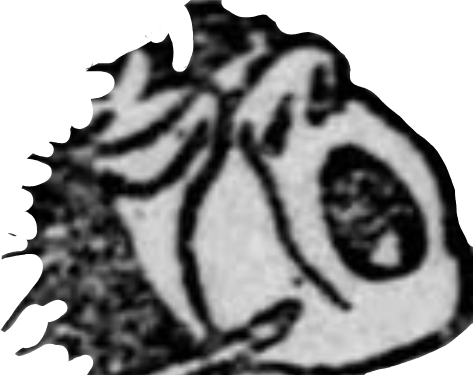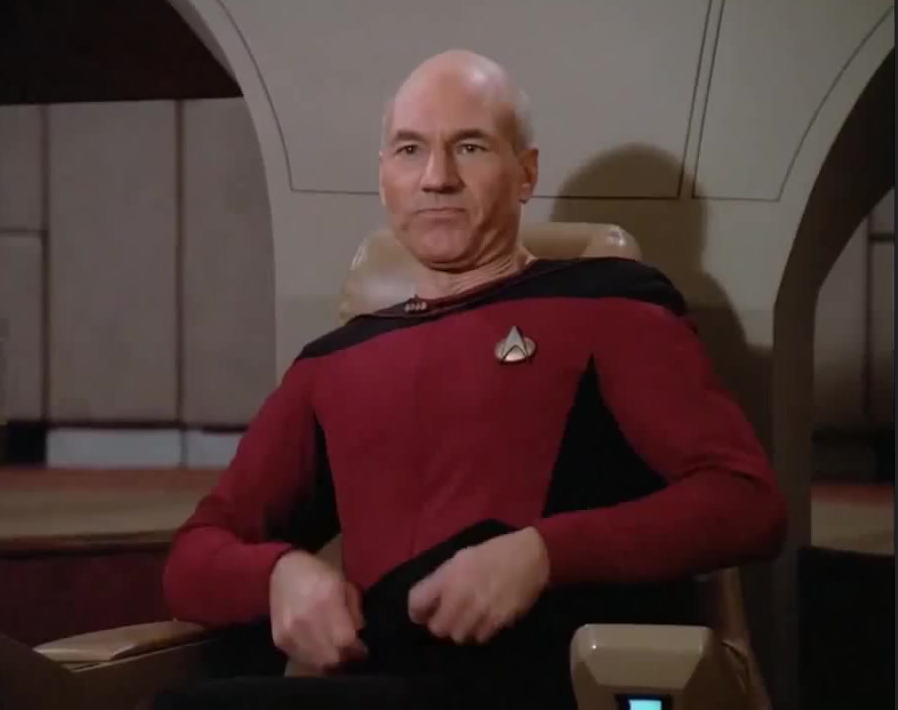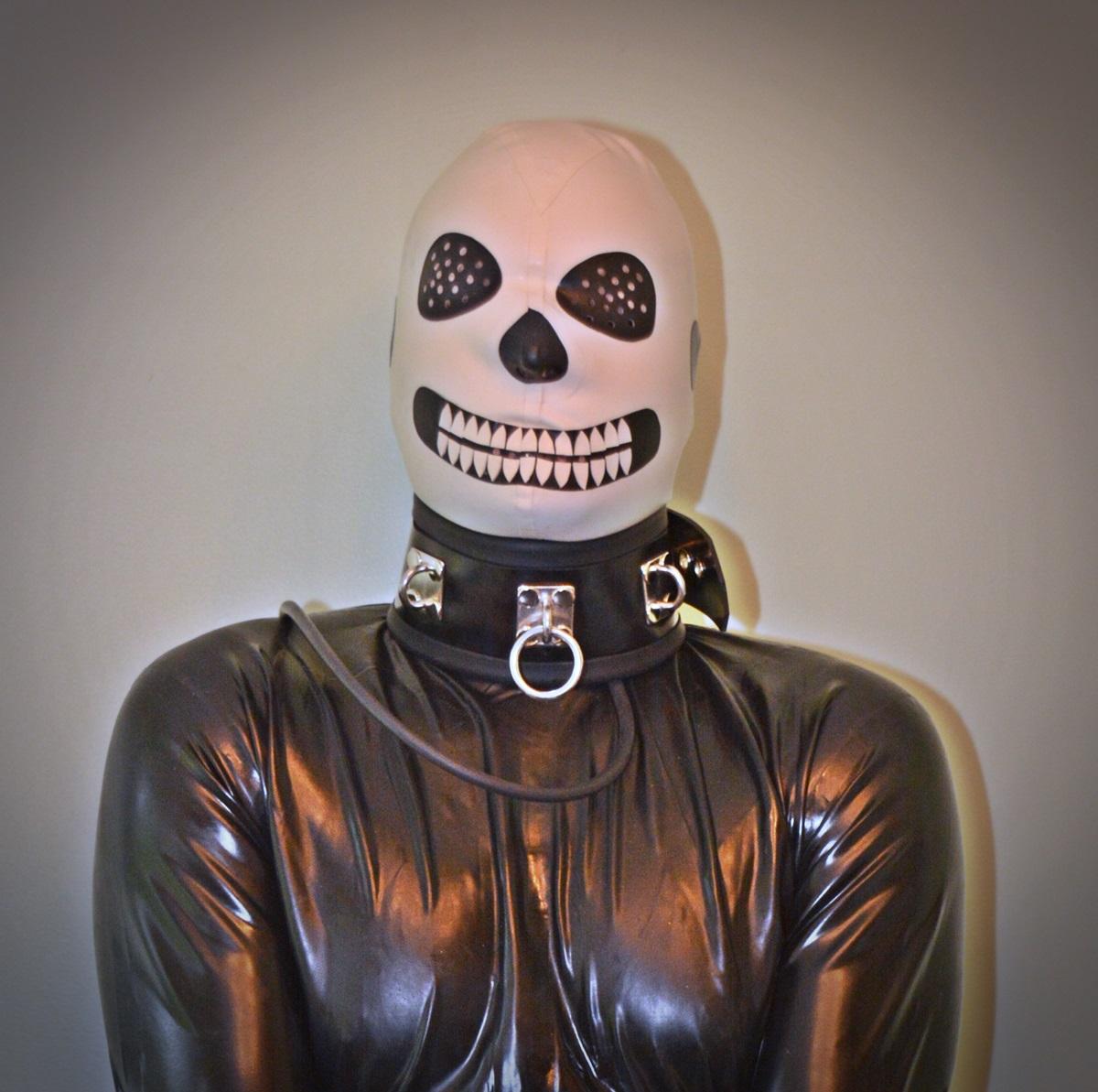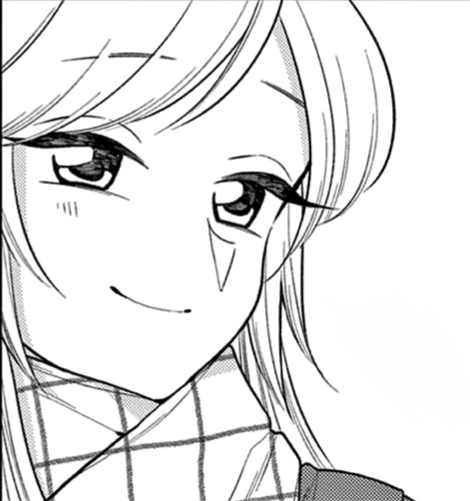Fuck cars energy
HONCK!!
This comic is so old, the general discourse hadn’t arrived at a consensus on car horn onomatopoeia. That’s kinda neat.
Yep! I noticed something like this in an early-20th-century book I’ve been reading: the “hello” word we take for granted was spelled “halloa.” I’ve been meaning to look more into the history of that one.
Ahoy ahoy
Who could be calling at this hour?
Oh pardon my intrusion, I may have dialed in error. I was attempting to contact number four.
It’s always strange to think of the time when having a car was a luxury instead of expected.
This comic is also three years before the villainization of pedestrians with the invention of the term jaywalking. Truly bizarre how much we surrendered to big auto.
The driver in the second panel looks like this:


Wake up, babe, the new Truejack just dropped
How many times will you honk your horn and say “fuck you”?
Now what the fuck does that do?
Ya feel better now? I didn’t let ya pass
How about I stop my car and beat your fucking ass?
Insane Clown Posse, How Many Times?
Everett is a juggalo?
Before Hatchet Man, there was Umbrella Egg.
this guy has extreme anger management issues. how is he not in jail?
Maybe they put him in jail but he out burst.
Moments later: crash-bang-cruonch
How does the right of way work here? Why is there a situation where the place to be exiting public transportation is a lane where cars are driving? Probably modern bias but it feels like Everett is in the wrong here since stepping into traffic will get you killed and is something you should be scared of.
This was published two years before the Ford Model T came out. At a time where Olds, Cadillac, and Buik each made between 1000 and 2000 cars a year.
Chicago had already introduced its city wide license plates, but had won the right to enforce the use of them in front of appellate court just the year prior. Ilinois as a whole only introduced them a year after this comic.
Even in 1909 the Plan of Chicago introduced bigger streets not for the benefit of the automobiles but for the horse drawn cargo carriages going to the railway stations that clogged downtown. They had to make adjustments later because so many Model T’s were on the streets by then.
Back in 1906 the streets didn’t belong to automobiles yet, streetcars were the thing everyone used all the time, and I don’t think laws were specifying right of way yet
On the trams in Melbourne, the doors have little stop signs on them to remind cars that alighting passengers have right of way. It makes sense as the passengers don’t have visibility of the cars, but the cars can see the tram stopping, and the doors opening.
Also, the tram can’t wait for traffic to stop before letting passengers out, then continuing on its route. They have to keep schedule, else the whole network suffers.
We have couple tram stops like this. The cars are supposed to stop behind the tram. Guess how it ends up…
Streetcars in Toronto are like this too. Cars are required to stop when the streetcar doors open; the needs of one driver do not outweigh the needs of the many passengers getting on and off. That said, yes, you should look before you step down onto the street.
I think those street cars are open on both sides
Yeah i agree
Despite the art style being obviously out of date for our standards I think it was really well drawn. The car. The smoke. The motion lines and so on. Kinda curious on what technology they were using in the 1900s to draw this
Pen and ink.
Based honestly
deleted by creator
I don’t know about this, it seems like he’s using the horn for its intended purpose which is warning people
He shouldn’t be speeding past a stopped streetcar
This is from a time that the streets weren’t yet owned by the car. Streets were for walking and sometimes for horses. The car driver is driving like as if you’re with your moped on the sidewalk honking your horn.











